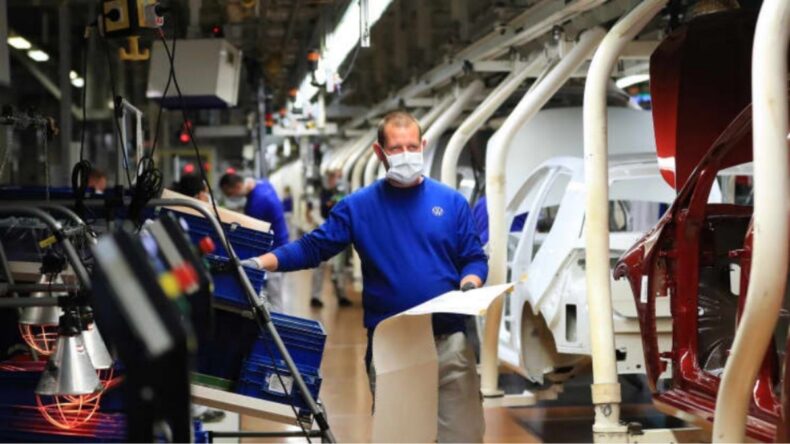The festive season is here, which usually means a spike in consumer spending. Automobiles industries usually hit peak sales, even offering incentives to buying vehicles. However, this year, the situation looks a little more sombre.
Semiconductor Supply Failure
Semiconductor supply chains for the automobile industries started to fail with global chip shortages. Over the last year, the supply chains have buckled under the increased demand load from every sector. Everything from cars to PlayStations to electric toothbrushes needs semiconductor chips to function.
Contemporaneous to the demand surge forced key manufacturing sites for semiconductors to halt production. Texas winter storms, fires in a Japanese manufacturing plant, national lockdowns in Malaysia, among others, contributed to the fall in supply.
Impact on Automobile Industry
Automobile production is greatly dependent on the supply of semiconductors. Semiconductor chips manufacture a crucial electronic component that plays a salient part in internal combustion engines.
Increased automation, shift to electric vehicles, and fixing innovative systems in existing cars all need semiconductors to manufacture and function. Some of the semiconductors used in the manufacturing of automobiles take six months to produce.
The shortages in supply have forced several OEMs to slow down production. This further, in turn, caused an increase in wait times for feature-rich, popular, and high-end models of cars that hit the market every year. These models already suffer from extended wait times, which serve as a point of contention with customers.
Festive Season Spike?
August through October are the festive months in India. Automobile industries enjoy increased customer activity. Nissan and Skoda’s unveiling of new luxury sedans catalogues helped spurt up sales in September.
However, despite their efforts in reaching higher sales, the increased prices of electronic components prevented reaching optimum targets. The reduced sales did enough to bother the passenger vehicle manufacturers.
The supply shortage is expected to impact passenger vehicle sale volumes in September further. Supply chain issues constrained growth in sales, said India Ratings and Research report, “Sales volumes were 11 percent lower YoY, mainly driven by a decline in the ‘2W’ segment. Domestic ‘3W’ witnessed 60 per cent YoY sales growth due to the lower base.”
The personal vehicle segment continues to benefit from solid demand tailwinds. On a sequential basis, sales and production volumes declined 12 per cent and 21 per cent, respectively.
Manufacturers and Sales
Tata Motors sales spiked 26 per cent in September compared to the same period the previous year, and sales for commercial vehicles also increased by 30%. In a statement, Girish Wagh, executive director at Tata Motors, said that the company is working tirelessly to mitigate the impact of rising semiconductor prices on their customers.
Skoda and Nissan enjoyed increased sales too. However, their positive sales numbers result from new luxury car models released during the festive season. Nissan’s managing director, Rakesh Srivastava, acknowledged that the spike is not without its challenges, and he spoke about the supply shortages plaguing the company’s manufacturing department.
Honda sales spiked by 49% in September. The company spokesperson in a statement said they are optimistic about the demand side. They are carefully monitoring the supply-side effects and any possible disruptions in the future owing to the uncertainty of the covid-19 pandemic.
Mahindra and Mahindra did not fare as well as Tata motors. The company’s sales fell by 22% on a year-on-year basis, and Bajaj also recorded a 16% decline in domestic sales compared to the same period last year.
Domestic original equipment manufacturers continue to calibrate their production as the global auto industry remains plagued by semiconductor chips shortages. The prolonged lockdowns due to the pandemic only worsened the situation further. Mainly since Asia contributes to a majority of the semiconductor production of the world.













